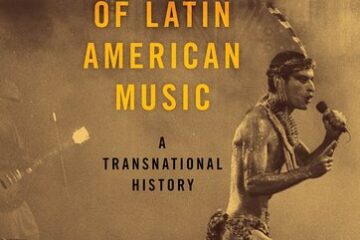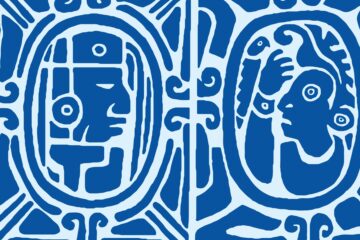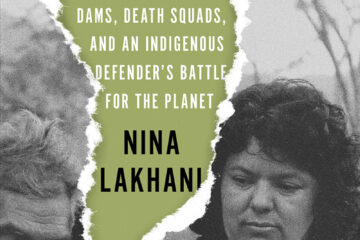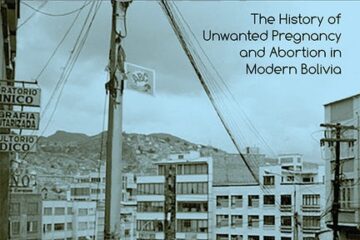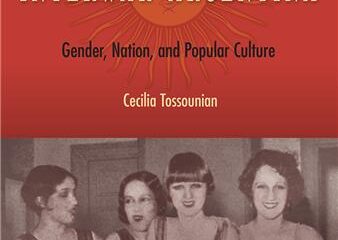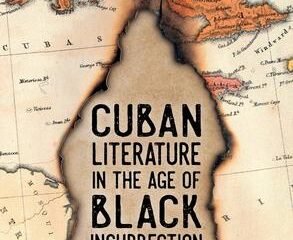Media
Historias 102 – The invention of Latin American music with Pablo Palomino
Dr. Pablo Palomino joined Steven to discuss his new book The Invention of Latin American Music: A Transnational History. Historias Podcast · Historias 102 – Pablo Palomino on the invention of Latin American music Intro/Outro: El Manisero – youtu.be/sj7NfrrnaKEArgentinaBrazilMexicomusicLatin America musicMemoriaAbiertaculturalhistory
